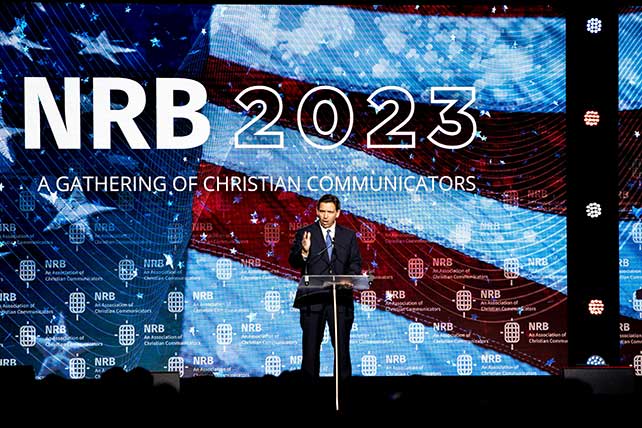Life in your church is complicated. You’re continuously coordinating multiple moving parts. From your weekly worship service, small group ministry and everything in between, there is a variety of activity taking place in your church. To make sure everything (and everyone) works well together, here’s what you need to know: Every ministry in your church will naturally drift toward misalignment. In other words, your staff and ministries will eventually pursue their own purposes—not the mission of the church. That’s why church staff alignment is essential.
Church Staff Alignment
Often, misalignment doesn’t happen on purpose. The vast majority of ministries or events are rooted in good intentions. However, over time, everything tends to drift away from its original purpose. Things change. New ideas emerge. People pursue different directions.
Then, perhaps without even knowing it, what started as one thing turns out to be something entirely different, and it becomes misaligned with the church.
When people or ministries become misaligned, you’ll run into many problems, including:
-
- Internal conflict
- Confusion
- Lack of clarity
- Fights over money
- Scheduling conflicts
- Lack of volunteers
- Poor morale
Not convinced? Think about it this way. Let’s say the wheels of your vehicle become misaligned. At first, your vehicle will slightly pull to the left or right. But if you let this problem persist, then you will damage the wheels of your car, and maybe even experience a tire blowout while you’re driving, which can quickly lead to an accident.
Thankfully, no one will get physically injured or potentially die when your church staff becomes misaligned. But the problems it causes are real and they can negatively impact your church and thwart your ministry efforts.
To help you assess your ministry, fight for alignment and achieve greater ministry success, we’re going to cover the following topics:
-
- What is church staff alignment?
- Four reasons why staff alignment is important
- Nine warning signs of misalignment
- Six practical tips for aligning your church staff
Let’s get started!
What Is Alignment?
Alignment isn’t a complicated concept to grasp. It simply means to agree with a person or idea. For example, when it comes to politics, to be in alignment is to be on the same side of a political party or to support a specific cause. To practically apply this definition to your church, Carey Nieuwhof writes:
“Alignment happens when you have a team of people—from the top leadership right through to the newest volunteer—pulling in the same direction not only around the same goals, but using the same strategy.”
For your church to be in alignment, you and your staff need to be on the same side in three core areas:
-
- Beliefs
- Mission
- Philosophy
Regarding your beliefs, I’m not suggesting that everyone on your staff needs to agree with you on every single point of doctrine. But I am suggesting that your team needs to agree with your church’s essential beliefs.
For your church, there are many Christian creeds, confessions and statements of faith you may or may not adhere to. That’s OK. Whatever creed or passages of the Bible inform your beliefs, it’s essential for your staff to be in agreement with them, too.
One last point about your beliefs:
Provide your staff with the opportunity to share their disagreements.
For example, many creeds contain a variety of essential, secondary and even tertiary doctrinal issues. Whether it’s during the interview process or a pastoral transition, provide interviewees and members of your staff an opportunity to discuss where they diverge.
This simple act will not only help your entire church staff to become aligned. But it will also help to create an environment for your team to feel safe in sharing their opinions.
When it comes to creating alignment in your mission, your church staff should be moving toward accomplishing the same goal—to be on the same page. Think about it this way.
If you’re on a road trip and there’s a disagreement about your final destination, you’ll end up nowhere fast. In the same way, if there’s disagreement over the direction of your church, then your staff will go in different directions, which will negatively influence the team’s productivity and your church’s fruitfulness.
If your mission is what you want to accomplish, then staff alignment of your philosophy of ministry is how you will achieve your mission.
How your church fulfills its mission is just as important to people as the mission itself. For example, you can agree on the same destination (mission), but you can have different opinions on how you should reach your destination (philosophy of ministry). From your style of worship music to your dress code, your philosophy of ministry will have a variety of practical implications.
In sum, it’s important to remember there are a few things alignment doesn’t mean:
-
- Everyone has to be in 100 percent agreement
- Staff members have to forfeit their perspective
- No one can voice an opinion
This isn’t the case at all. In general, your staff needs to be on the same side as you in your beliefs, mission and philosophy of ministry. But you can allow your staff to share concerns, voice opinions, and even adhere to secondary or tertiary differences of opinion.



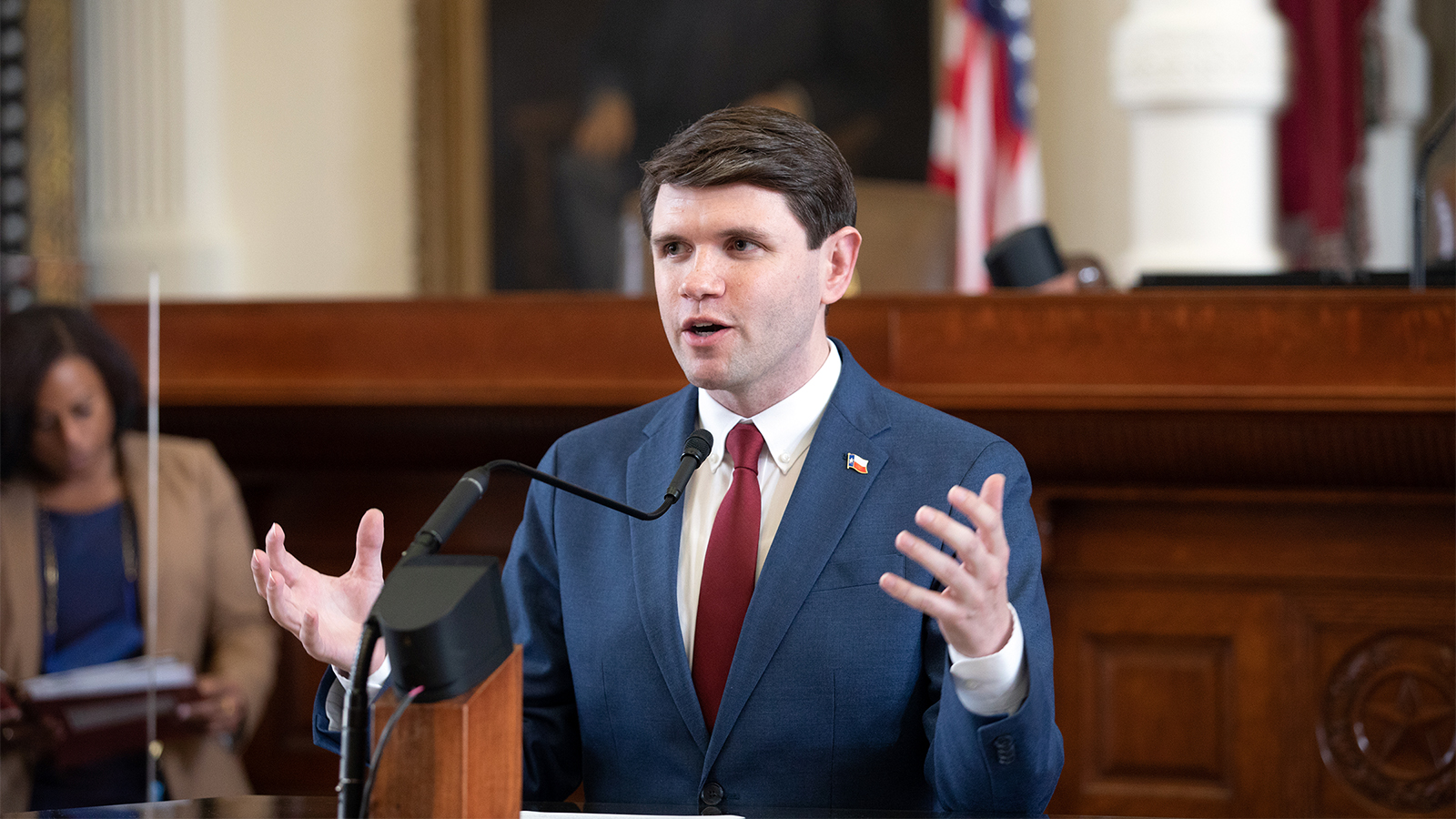
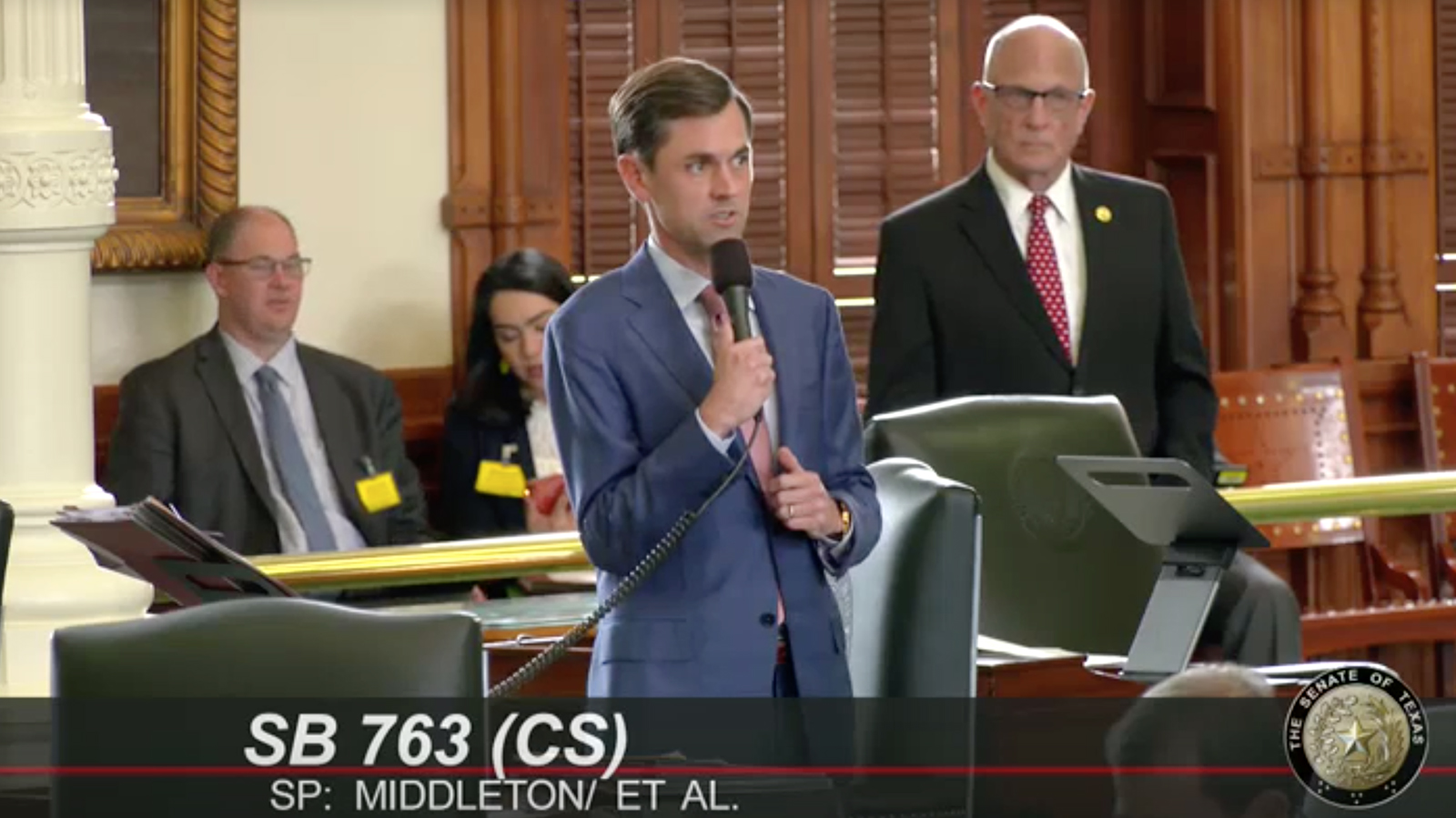







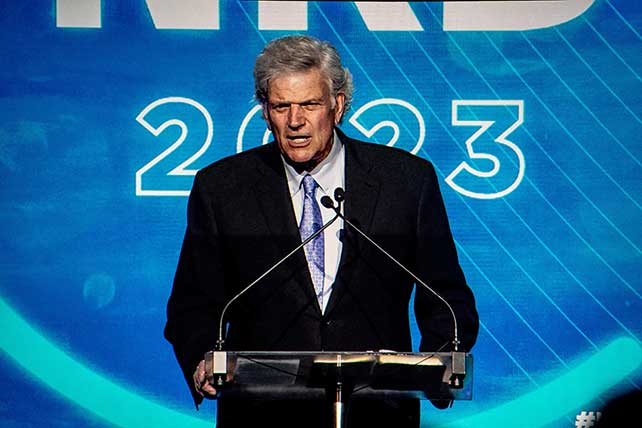




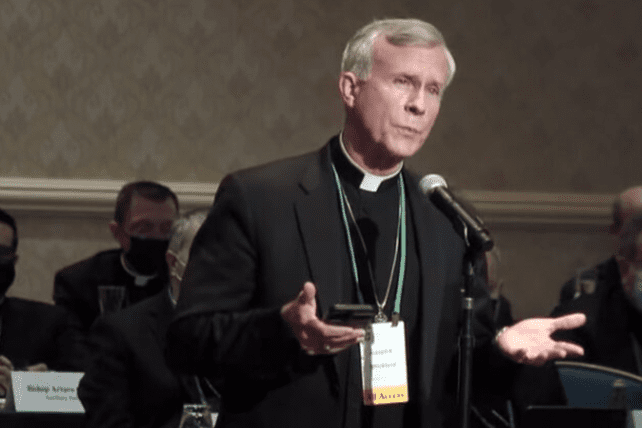
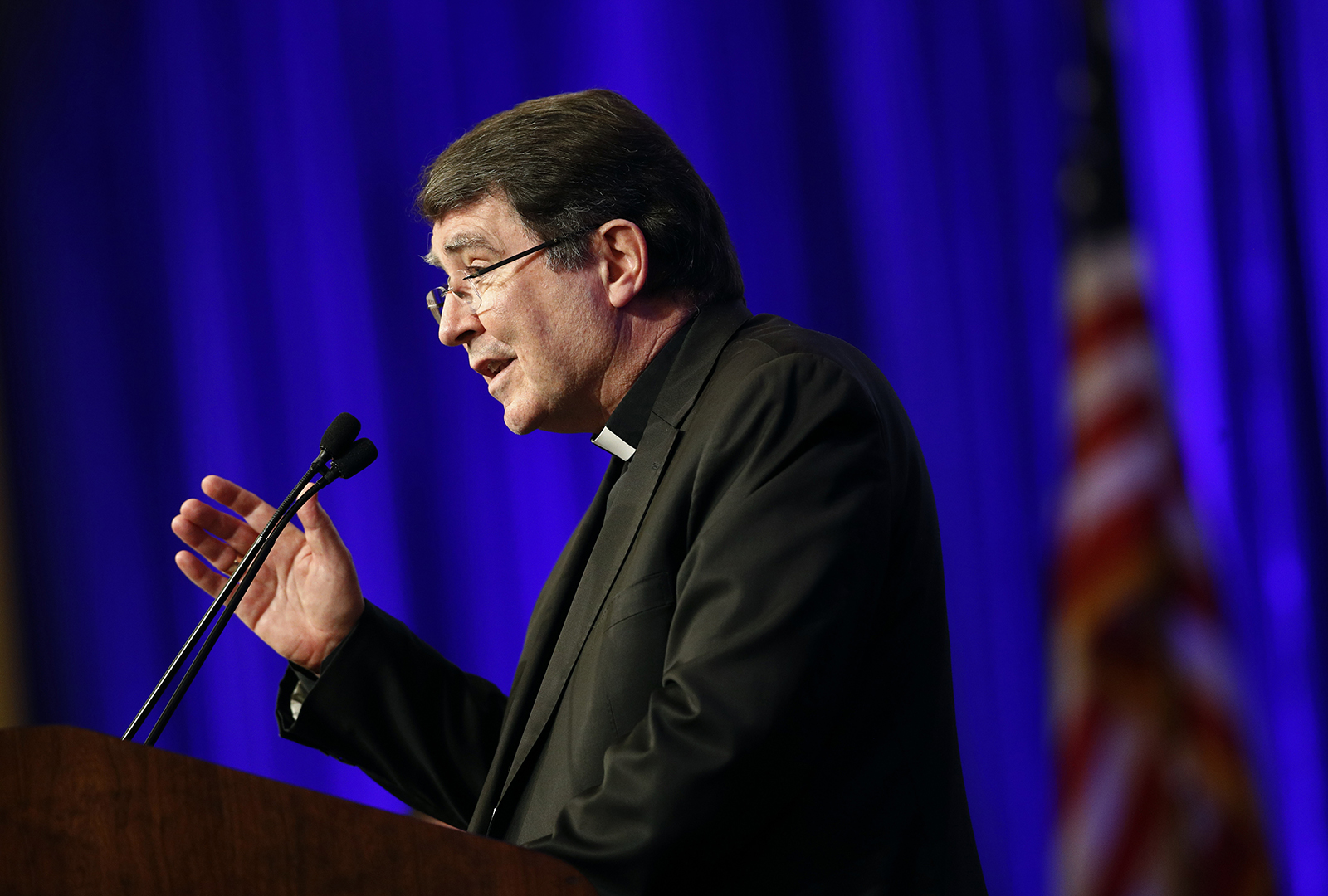

 You may have heard of a Rule of Life, but have you ever considered creating an Emotional Rule of Life? Your typical Rule of Life represents spiritual growth commitments that you make after a season of prayer and consultation with your trusted accountability partners. An emotional rule of life is an adaptation that focuses on an intentional commitment to develop healthier, more Christ-like emotional habits so that you can be more present to God, others, and of course, yourself.
You may have heard of a Rule of Life, but have you ever considered creating an Emotional Rule of Life? Your typical Rule of Life represents spiritual growth commitments that you make after a season of prayer and consultation with your trusted accountability partners. An emotional rule of life is an adaptation that focuses on an intentional commitment to develop healthier, more Christ-like emotional habits so that you can be more present to God, others, and of course, yourself.


